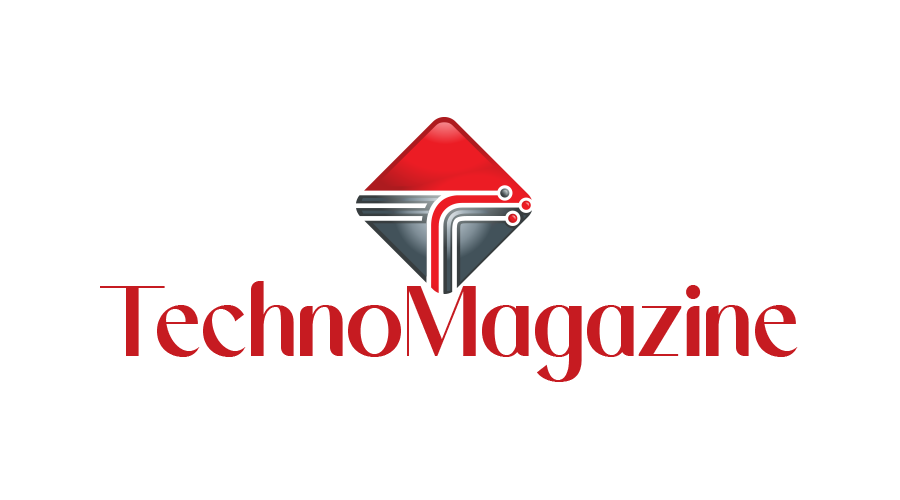If you are the host of a dedicated server, one of the crucial choices is choosing the type of storage that will best meet your requirements. Hard disks were for a long time the preferred choice, but SSDs are gaining popularity for their performance advantage.
- Performance:
One of the major reasons for deciding between SSD or HDD storage is their performance. SSDs make use of flash memory for data storage, offering significantly faster write and read speeds when compared to HDDs that are based upon spinning disks. The difference in performance leads to quicker boot times, faster transfers of files, as well as improved overall speed with SSDs. So, if speed is the primary goal of your server that you have dedicated, SSD storage is the most preferred choice.
- Durability and Reliability:
SSDs do not have moving parts which makes them more resilient to mechanical failures in comparison to HDDs. HDDs depend on spinning drives and mechanical arms that write and read data They are more vulnerable to physical damage caused by vibration and shock. SSDs are less prone to wear and tear over the course of time, providing greater durability and reliability in comparison to HDDs. In cases where durability and reliability are essential, SSD storage provides a better solution.
- Cost:
Although SSDs provide greater efficiency and dependability, they generally are more expensive per gigabyte than HDDs. The price difference between SSDs in comparison to HDDs has been decreasing over the last few years, however, HDDs are still a more affordable choice for storage capacity that is large. If you need a huge quantity of storage that doesn’t break the budget, HDD storage may be the better option on your dedicated server.
- Storage Capacity:
HDDs remain the dominant market for capacity for storage, with larger capacities for less than SSDs. In the event that your dedicated server requires terabytes of storage space, the storage of massive datasets such as multimedia files and backups of HDDs provides a much more economical solution to meet your needs for capacity. SSDs are catching up in terms of storage capacity with more capacity SSDs becoming more readily available, albeit at a higher cost.
- Workload and Use Case:
The decision to choose between SSD or HDD storage will ultimately depend on the specific needs of your use and workload requirements. If you are using applications that require fast access to data, like databases, virtualization, or content delivery networks (CDNs), SSDs offer incredible performance benefits. However, when it comes to applications that require primarily writing and reading operations that are sequential for example, such as archive backups or storage for data, HDDs may suffice at less expense per gigabyte.
Conclusion:
The decision between SSD or HDD storage to host a server demands careful analysis of performance, reliability costs, capacity for storage, as well as the requirements for workload. SSDs provide better performance and longevity, and HDDs remain a more affordable choice for high-capacity storage. By reviewing your needs considering the advantages and disadvantages of each type of storage and making an informed choice that is optimally suited to the requirements of your dedicated server hosting system.
If you are looking for speed as well as reliability, or you prefer cost-effectiveness, picking the best storage option is vital to maximizing the efficiency and performance of your server. If you have a thorough understanding of the factors to consider, it is easy to make a sound decision on the right storage option between SSD as well as HDD storage options to help you achieve your business goals and offer maximum performance for your apps and workloads.

